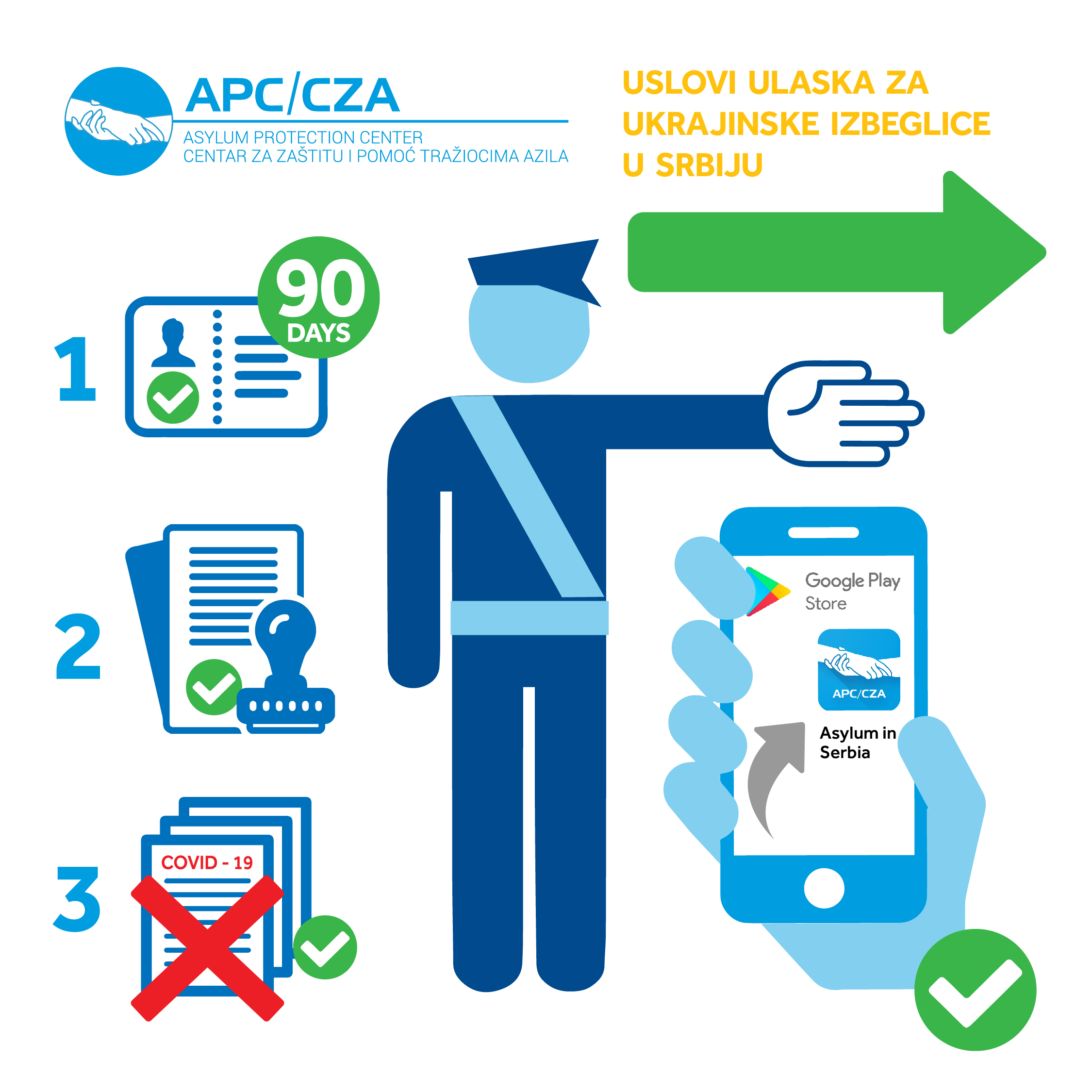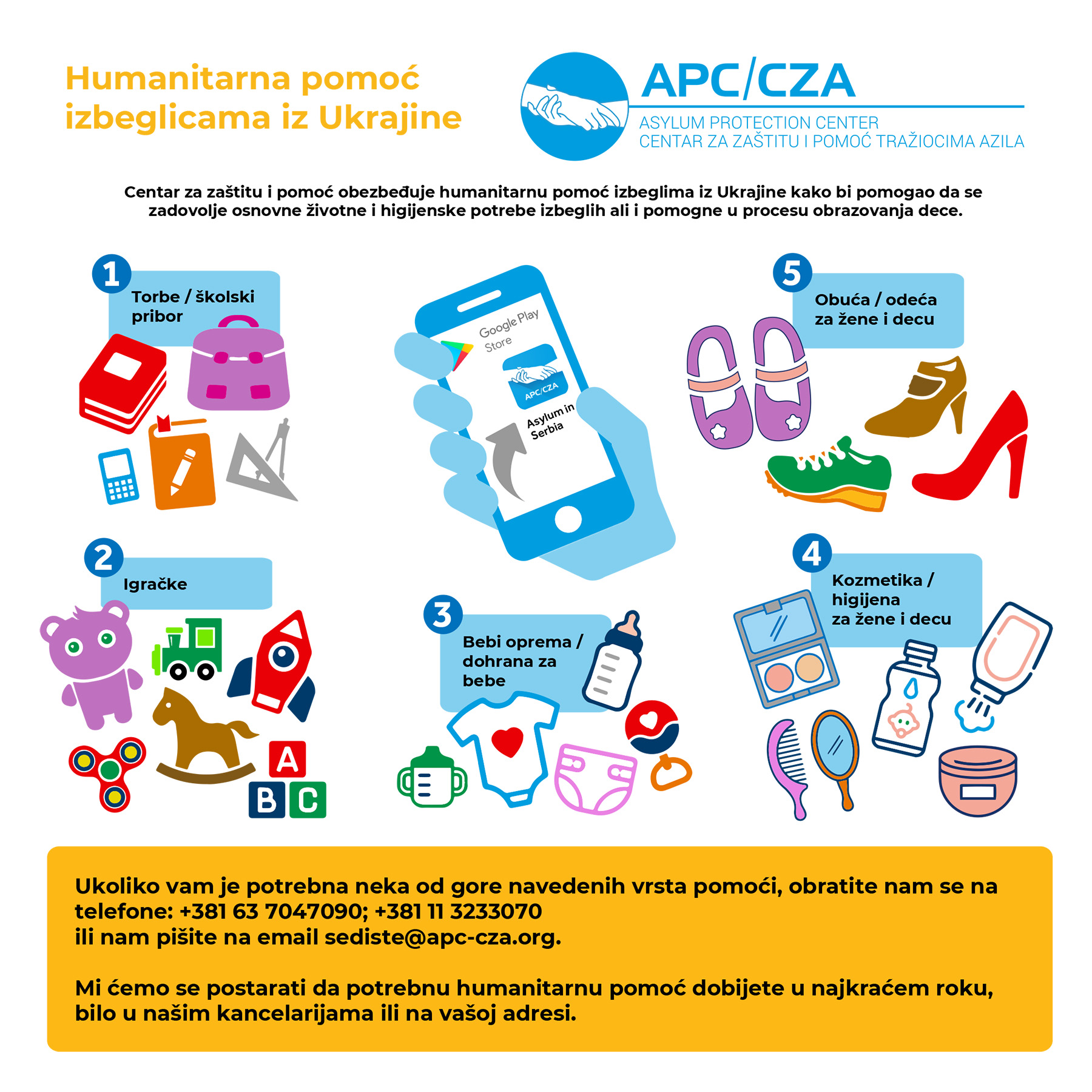Source:Politika autgor: Nenad Radicevic photo: Reuters/Dominik Ebenbisher)
Frankfurt, Heidelberg March 7th– According to German right-wing politicians and many international media continue to point out that Angela Merkel leads to a liberal migrant policy, this election year in German evidence will be much more clear that the chacellor is no longer a “refugee Mother Theresa”. Not only was Merkel instructed by her minsters and all civil servants to be as effective in deporting all those who did not receive asylum in Germany, last Wednesday, she began a program of giving at least 1,200 euros to every asylum seeker who has not yet received a request and wants to withdraw their application and voluntary return to their homeland.
The German Federal Migration and Refugee Service (BAMF), in cooperation with the International Organization for Migration, launched this program of financial rewards for asylum seekers, with about 40 million euros being allocated for these payments.
“In 2016, some 55,000 people voluntarily returned to their homelands, an increase from the previous year (when about 35,000 returned). We now have good conditions with our additional budget (for another increase in voluntary returns),” she says in speaking to German Media Juta Kor, the head of BAMF.
In the past two years, 1.17 million people came to Germany without papers, and BAMF has been struggling with their slow decisions on asylum applications, leaving 430,000 requests not yet processed. In order to motivate at least a portion of asylum seekers to leave even before they receive asylum, Germany has devised a financial scheme for each newcomer who is over 12 years old to receive 1,200 euros if he withdraws his request and voluntarily leaves the country. To those who’s requests were already refused are offered 800 euros if they do not appeal to the courts, and leave voluntarily. For voluntary departure, families of five or more members, on the basic sum are offered an additional 500 euros for each family member, including children under 12 years of age. Money is offered even to those who have for years lived in Germany with temporary residence permits, although they have no conditions for asylum.
“For those who do not have the chance to stay in Germany, voluntary departure is a better option than deportation,” Interior Minister Tomas de Mesier said, referring to nationals of countries such as Morocco, Tunisia, and Algeria.
However, this program also has certain limitations, so this financial “motivation” can not be obtained by those who have their own resources, followed by Syrians, because their country is in war, but also citizens of certain countries, such as Western Balkan countries.
Although these payments seem to be a desperate attempt by the German government to reduce the number of refugees, it is actually the money that people giver through this program that is considerably lower than the costs borne by them when forcefully deported. On the other hand, the question is how much this money will really motivate migrants who came from the Middle East and North Africa, as the analysis of the BAMF indicates that every refugee on his way to Germany in 35 days, spends about 7,100 euros.
This program was received with sharp criticism from humanitarian organizations, including the organization Diaconie, which under the auspices of the German Protestant chruches. The expert of this organization, Dietrich Ekeberg believes that the money given to refugees is a kind of “losing” bonuses, and that there is an “incredible amount of political pressure” that more and more people are heading towards voluntary departure.
“I think this regulation is particularly controversial because it was designed to prevent asylum seekers from appealing to the rejected applications,” Ekeber told Radio Deutsche Landrundfunk, adding that these “losses” bonuses are only the situation with refugees, and are aggravating then because they fuel prejudices about migrants and refugees.
He points out that this initiative does not really have the goal to help people reintegrate into their own country of origin, but rather that Germany rids itself of refugees.
The “Targets” of this program are mostly citizens of African countries, but also many Middle Eastern countries, most notably Afghans. Staying in Germany will not even help them if they are to be the victim of a racist attack in Germany, as the government has rejected proposals by left-wing opposition, that refugees are attacked by German right-wing extremists enjoying state protection and are receiving at least a temporary residence permit. The German province of Brandenburg, however, decided that deported migrants who did not receive asylum did not get deported at least until the investiagation and the trial against their attacks, where he wishes to show the attackers that their attacks have the in fact the opposite effect from their desired.
Regardless of Brandenburg’s decision, the federal government is striving to tighten its policy and will begin to solve the refugee crisis in Germany, as well as last year having spent more than 21 billion euros. After a December terrorist attack on a Christmas Market in Berlin, carried out by a Tunisian man whom German authorities failed to deport, Minister De Meezier proposed many measures, including the establishment of federal deportation centers near major airports and placing an electronic nanotube for monitoring the movement of any migrant suspected of having links with terrorist organizations. In addition, these suspicious persons can now be deported more easily as was approved by the European Court of Justice.
http://www.politika.rs
 AzilSrbija AzilSrbija
AzilSrbija AzilSrbija




